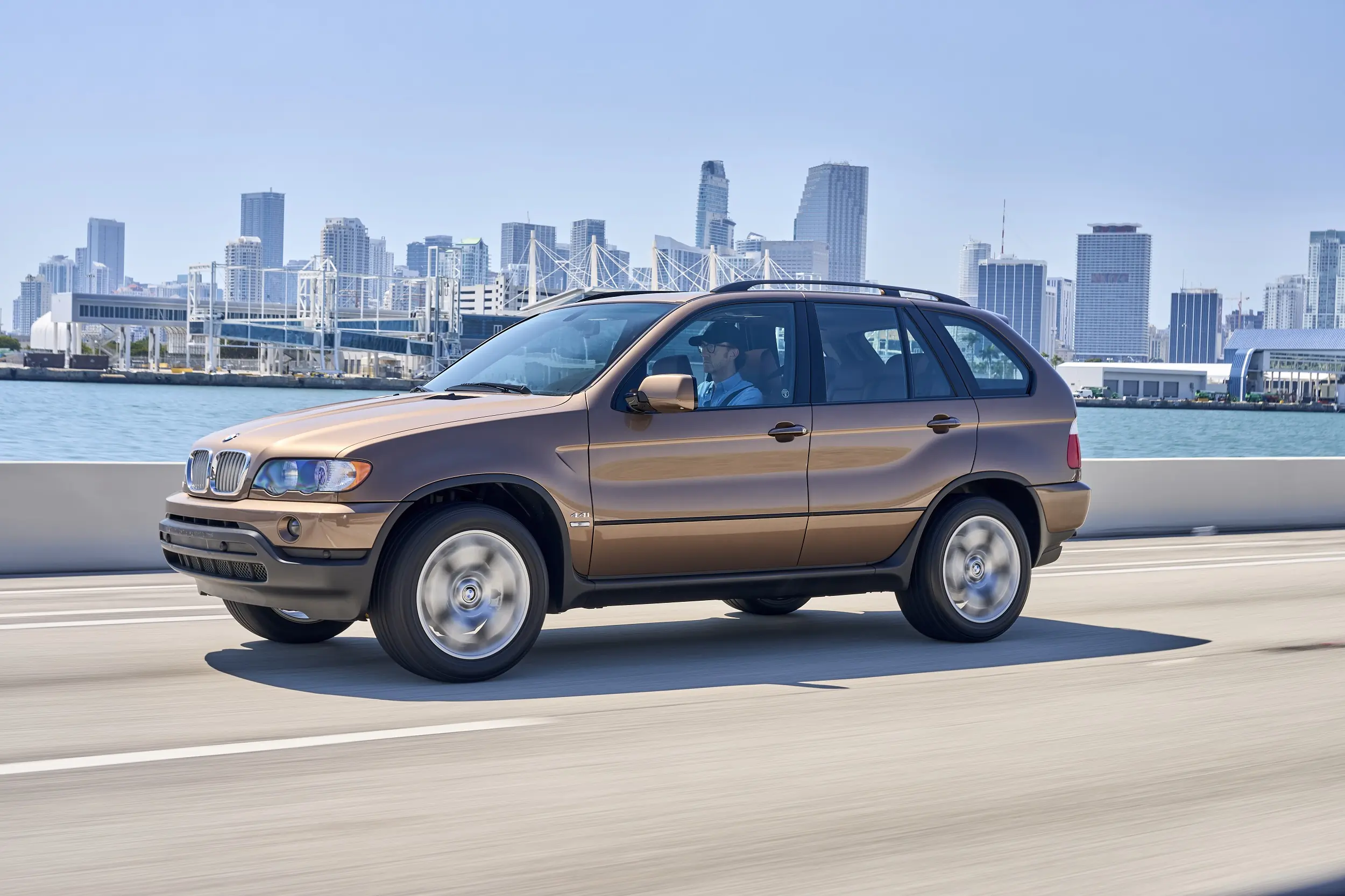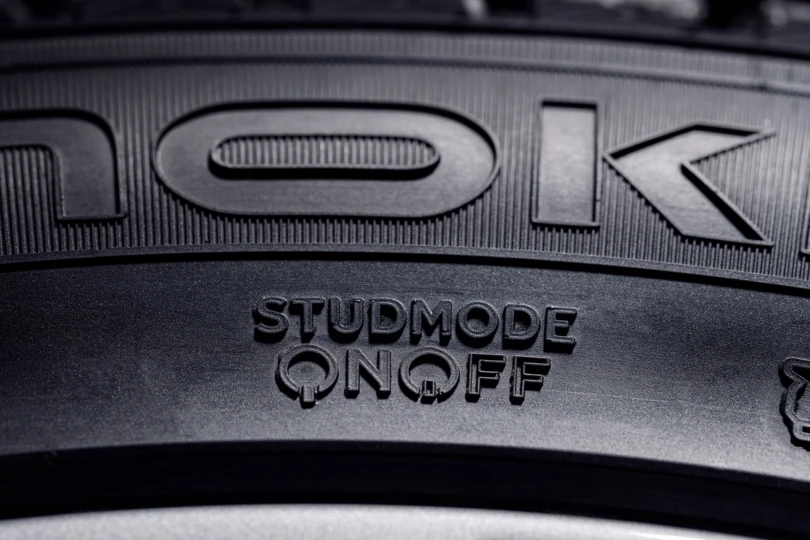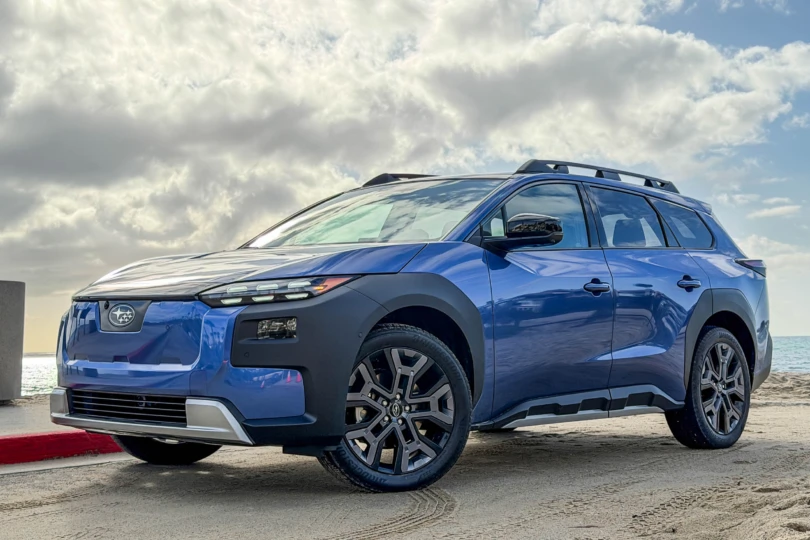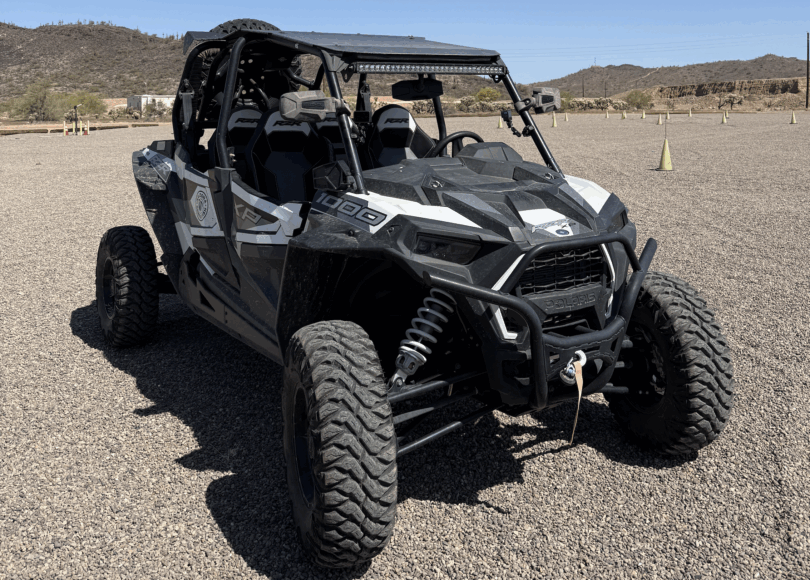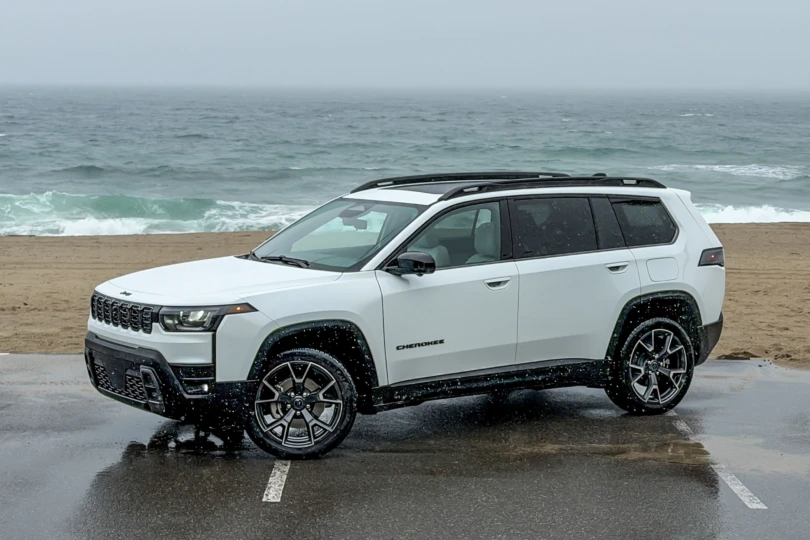BMW is telling owners of around 90,000 vehicles that they need to stop driving. Because they’re well overdue for a years-old airbag recall, the company says it is not safe to drive the vehicles until they are repaired.
Included in the stop-driving warning are owners of 2000-2004 BMW X5 SUVs, as well as BMW 3 Series models from 2000-2006 (including the M3), and 2000-2003 BMW 5 Series who have not already had their airbags inspected or replaced. Until they have had their airbag inspected, they should not risk driving the vehicles.
“These vehicles are 17 to 22 years old, and the risk to vehicle occupants is dire,” BMW said in its notice. “These are some of the oldest Takata airbags under recall and have an extremely high probability of failure during a crash. If the inflators rupture, the metal fragments ejected toward the driver’s face could kill or leave them with devastating, life-altering injuries.”
Takata Recall Covered Decades of Vehicles
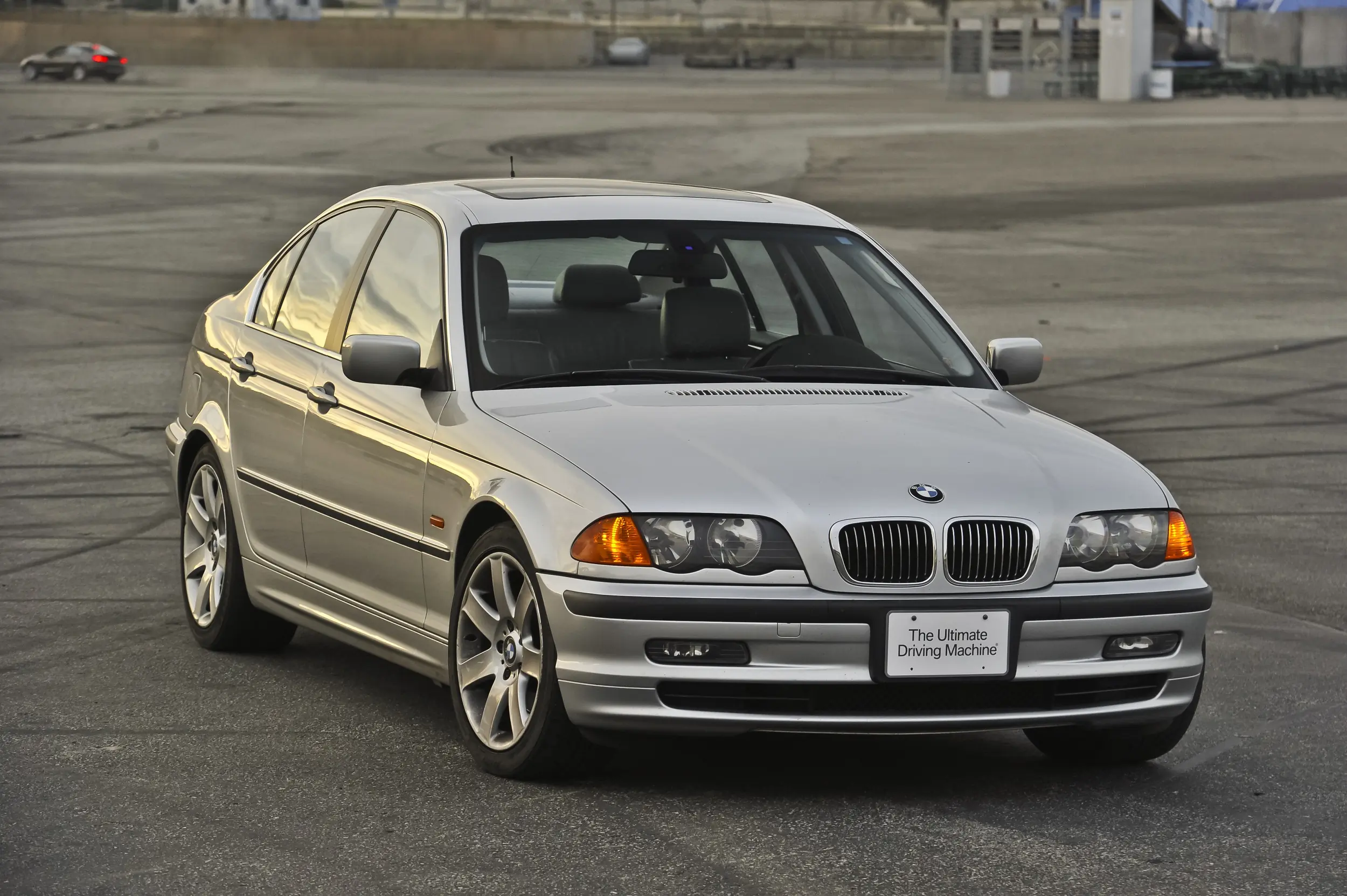
Why such a severe warning for these old models? It requires a bit of backstory.
These are Takata-made airbags. You’ve probably heard the name of that supplier before because the company received more than $1 billion in penalties after being involved in what is likely the industry’s biggest-ever recall. This is part of that recall.
Tens of millions of vehicles equipped with Takata airbags were recalled, with nearly every automaker affected. The problem traced back to the airbag propellant. The propellant could absorb moisture from humidity in the air. When that happened, the propellant could explode instead of propelling, throwing fragments of shrapnel at the person sitting in front of it. Officials call it a “rupture,” one that could, and indeed did, cause serious injuries and even death.
The Takata airbag recalls began back in 2008, but the full extent of the problem didn’t become clear until May 2015. That month, Takata agreed to recall 32 million airbag inflators used in vehicles from BMW, Fiat Chrysler (now part of Stellantis), Daimler, Ford, GM, Honda, Toyota, Mazda, and more.
Over the next several years, nearly 70 million airbags were recalled, mostly installed in vehicles built from 2002 through 2015. It became a massive challenge for automakers and suppliers, having to design and produce new inflators for vehicles long out of production.
Defective Inflators Linked to Dozens of Deaths
The National Highway Traffic Safety Administration (NHTSA) reported that 25 people in the U.S. have been killed by a defective Takata airbag inflator, along with at least 400 injuries. Most of those deaths occurred after the recalls were issued because vehicle owners were not having the free fix completed.
This failure to fix is why BMW announced this Do Not Drive warning. The automaker originally recalled these vehicles in 2015. The company said it has made “intense customer outreach efforts” since 2016 to get customers to have their vehicles made safe.
Still, around 90,000 owners may not have followed through with the fix. BMW says the total number is around 13% of all of its vehicles recalled for this issue.
We cannot state strongly enough just how urgent it is for our customers to take this warning seriously. We know these airbags only become more dangerous over time, which is why we are taking yet another step to get these parts out of our vehicles. Customers must park these vehicles immediately and take a few moments to check if their vehicle is safe for them and their family members to drive. Repairing these vehicles is quick, easy to arrange, and is completely free of charge.
Claus Eberhart, Vice President of Aftersales BMW NA
Because the danger to occupants posed by these inflators increases as the vehicles get older, automakers are taking new steps to get them out of circulation. Honda and Stellantis have both issued Do Not Drive warnings for affected vehicles in recent months.
The NHTSA called the risk posed by these defective airbags “dire” and said that some have a 50% failure rate now because of their age.
If you drive one of these BMWs, you can check the status of your vehicle at BMW USA’s website. If you own one of these BMWs or any other vehicle sold in the U.S., you can use the NHTSA Recalls Lookup Tool to see if your vehicle is affected by this or any other safety-related recall.
